Rice urges N. Korea to give up all nuclear weapons
U.S. Secretary of State Condoleezza Rice pressed North Korea Saturday to take the next step and give up its atomic weaponry.
Saturday, 28.06.2008.
12:14

U.S. Secretary of State Condoleezza Rice pressed North Korea Saturday to take the next step and give up its atomic weaponry. It came after Pyongyang disclosed some nuclear secrets and demolished part of its reactor. Rice urges N. Korea to give up all nuclear weapons Rice was speaking during a visit to South Korea for talks with her counterpart Yu Myung-Hwan to discuss the next step in a drawn-out international diplomatic effort to persuade the communist state to disarm. A day after delivering a long-awaited nuclear declaration, the North on Friday blew up the cooling tower at its Yongbyon reactor in a televised event to affirm its commitment to denuclearization. Rice said she and Yu had extensive talks about efforts to verify the declaration, which covers nuclear facilities and the production of bomb-making plutonium, but not weapons. Critics point out that it also does not address concerns about a suspected secret highly enriched uranium (HEU) weapons program. Not does it answer suspicions of nuclear proliferation to Syria. The North, in a separate document, has merely acknowledged the U.S. concerns about both issues and promised to try to resolve differences. "In the next phase we do have to move on abandonment. That is the purpose of six-party talks," Rice said. "There are documents that are referred to in the declaration concerning those two issues, HEU and proliferation," she told a press conference with Yu. "Thus far... we don't have the answers we need about either, but I expect that the North will live up to the obligation that it has undertaken to take those concerns seriously and to address them." At the end of the process, "we have to have the abandonment of all programmes, weapons and materials," she added. Thursday's declaration is part of a six-party agreement in which the U.S. is playing a leading role. The North is disabling Yongbyon under U.S. supervision in return for energy aid and the lifting of some sanctions. The next and final phase of the pact calls for the North to dismantle plants and hand over all nuclear material and weaponry in exchange for diplomatic ties with the U.S. and Japan, and a formal peace pact. The U.S. has eased some trade sanctions and moved towards taking the North off its list of state sponsors of terrorism in return for the declaration. It helped fund the demolition of the cooling tower with a USD 2.5mn. "There is still much to be done but it's a good step when the North Koreans comply with their obligations," said National Security Council spokesman Gordon Johndroe. The tower at Yongbyon, 96 kilometres north of Pyongyang, was the most visible symbol of the North's decades-old pursuit of nuclear weapons. The facility produced the plutonium for a program which culminated in a nuclear test in October 2006. Its razing was of symbolic value only since Yongbyon is already largely disabled under the pact grouping China, Japan, North and South Korea, Russia and the United States. The six parties are expected to meet in Beijing early next month. They will discuss ways to verify the document, complete the disablement and prepare for the final phase. Rice was to meet with President Lee Myung-Bak later Saturday before flying to China early Sunday.
Rice urges N. Korea to give up all nuclear weapons
Rice was speaking during a visit to South Korea for talks with her counterpart Yu Myung-Hwan to discuss the next step in a drawn-out international diplomatic effort to persuade the communist state to disarm.A day after delivering a long-awaited nuclear declaration, the North on Friday blew up the cooling tower at its Yongbyon reactor in a televised event to affirm its commitment to denuclearization.
Rice said she and Yu had extensive talks about efforts to verify the declaration, which covers nuclear facilities and the production of bomb-making plutonium, but not weapons.
Critics point out that it also does not address concerns about a suspected secret highly enriched uranium (HEU) weapons program. Not does it answer suspicions of nuclear proliferation to Syria.
The North, in a separate document, has merely acknowledged the U.S. concerns about both issues and promised to try to resolve differences.
"In the next phase we do have to move on abandonment. That is the purpose of six-party talks," Rice said.
"There are documents that are referred to in the declaration concerning those two issues, HEU and proliferation," she told a press conference with Yu.
"Thus far... we don't have the answers we need about either, but I expect that the North will live up to the obligation that it has undertaken to take those concerns seriously and to address them."
At the end of the process, "we have to have the abandonment of all programmes, weapons and materials," she added.
Thursday's declaration is part of a six-party agreement in which the U.S. is playing a leading role. The North is disabling Yongbyon under U.S. supervision in return for energy aid and the lifting of some sanctions.
The next and final phase of the pact calls for the North to dismantle plants and hand over all nuclear material and weaponry in exchange for diplomatic ties with the U.S. and Japan, and a formal peace pact.
The U.S. has eased some trade sanctions and moved towards taking the North off its list of state sponsors of terrorism in return for the declaration. It helped fund the demolition of the cooling tower with a USD 2.5mn.
"There is still much to be done but it's a good step when the North Koreans comply with their obligations," said National Security Council spokesman Gordon Johndroe.
The tower at Yongbyon, 96 kilometres north of Pyongyang, was the most visible symbol of the North's decades-old pursuit of nuclear weapons.
The facility produced the plutonium for a program which culminated in a nuclear test in October 2006.
Its razing was of symbolic value only since Yongbyon is already largely disabled under the pact grouping China, Japan, North and South Korea, Russia and the United States.
The six parties are expected to meet in Beijing early next month.
They will discuss ways to verify the document, complete the disablement and prepare for the final phase.
Rice was to meet with President Lee Myung-Bak later Saturday before flying to China early Sunday.




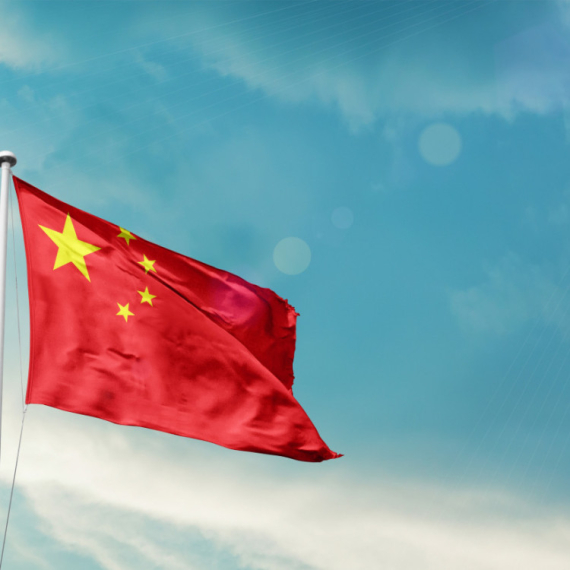







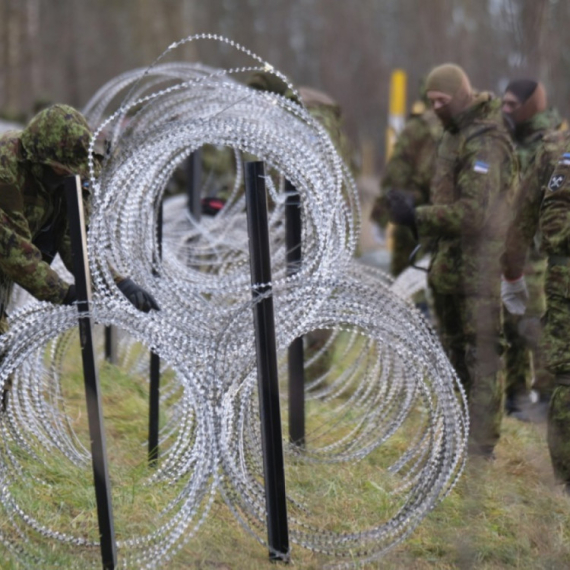

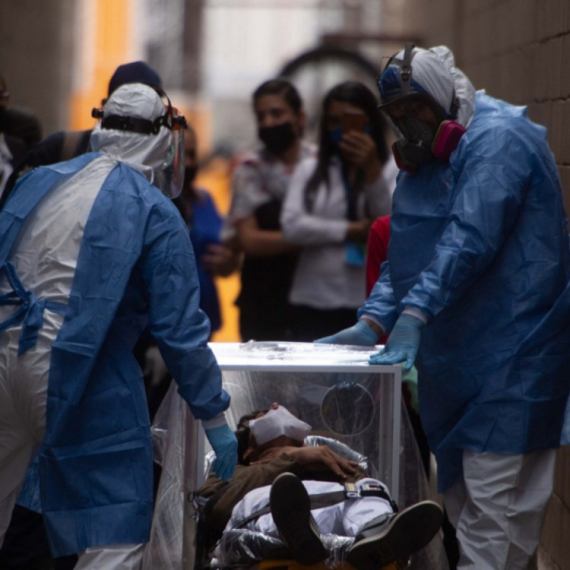
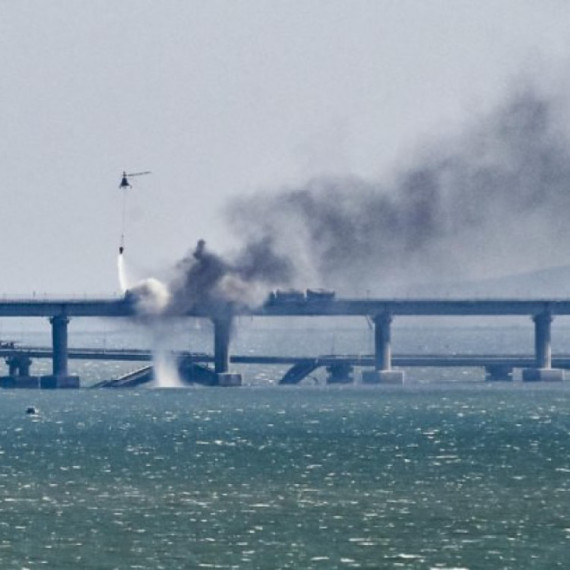

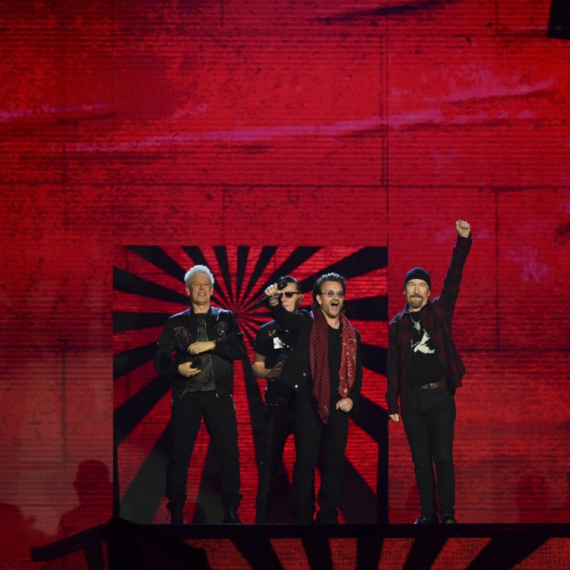

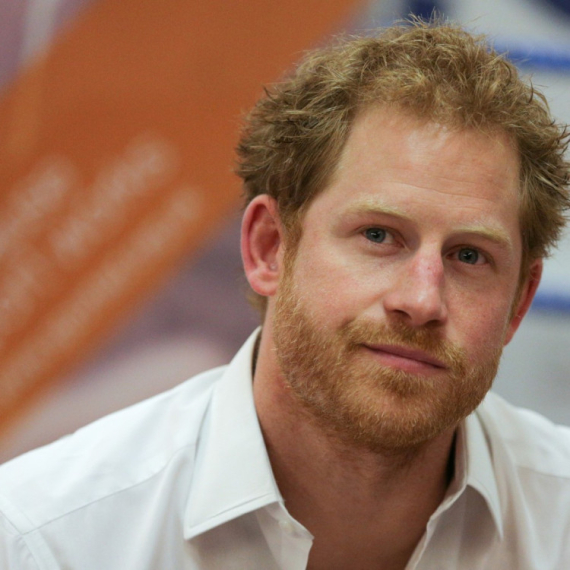































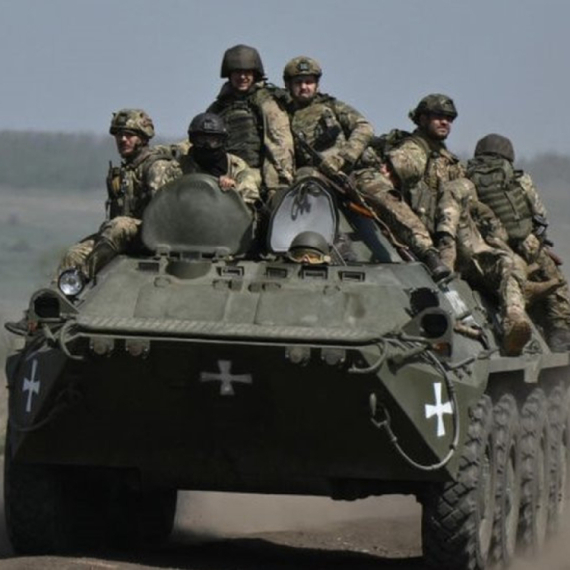
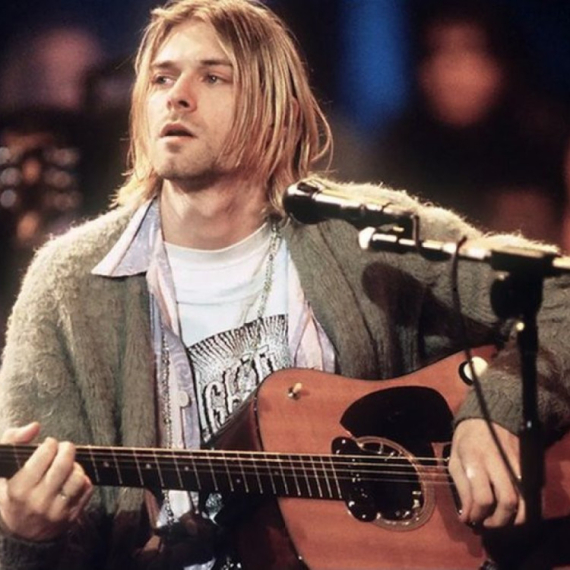
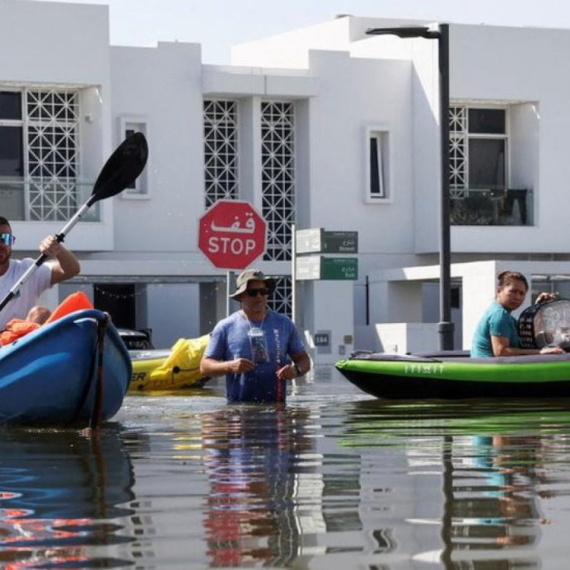



Komentari 0